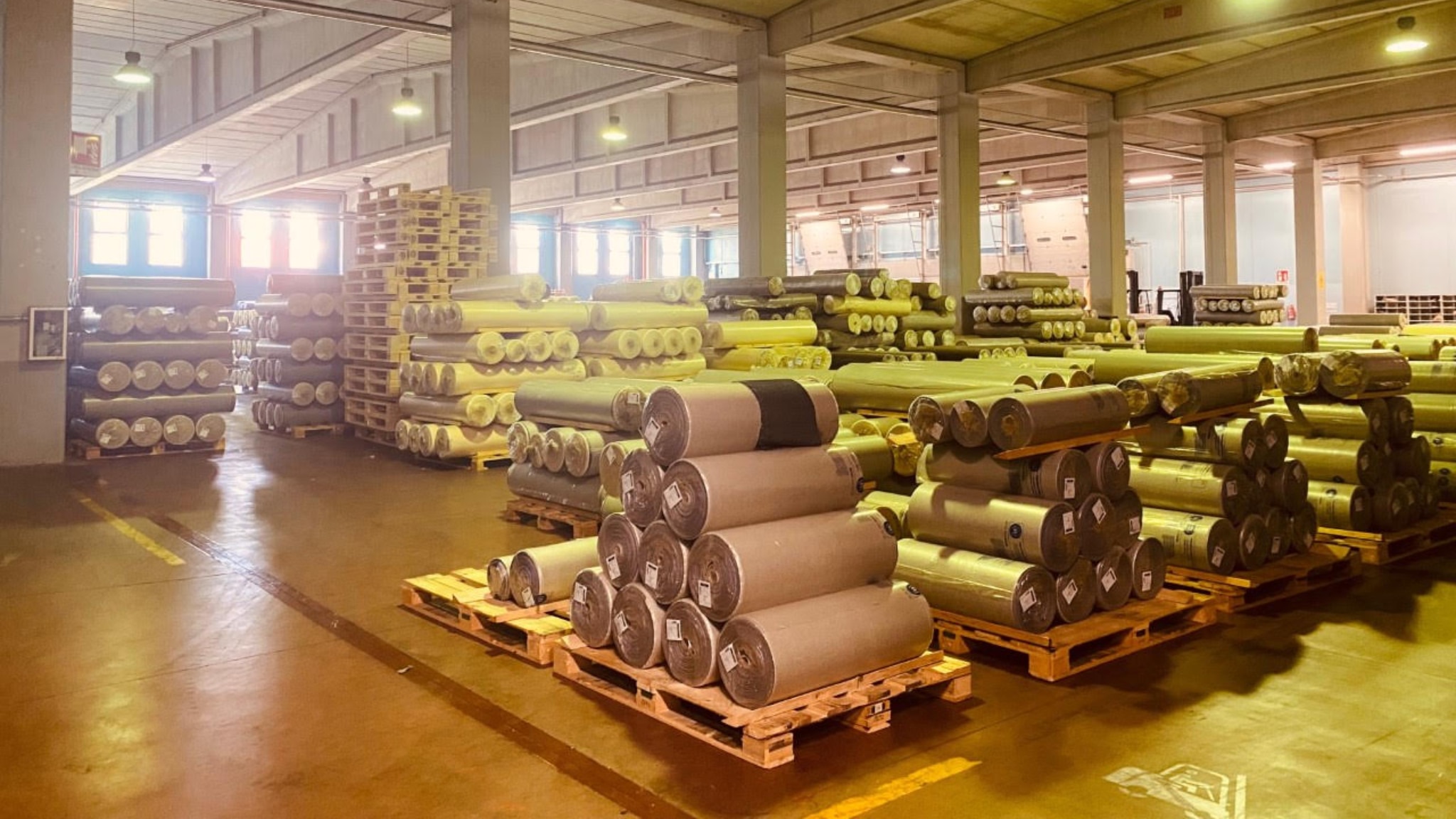The owner spreads out his company's
latest bills
on the table .
They are those of August, the month in which production is reduced - due to holidays - to just ten days.
Then he compares them with those of the previous year.
Gas has increased tenfold:
the 67 thousand euros in August 2021 became 710 thousand
.
Electricity is five times more expensive: from 340 thousand euros to 1.6 million this year.
While waiting for the users in September, and other out-of-control price increases, our gaze is lost beyond the windows, at the company that employs 700 workers and embraces the Ticino park in Robecchetto con Induno.
A plant that symbolizes a way of doing business in Italy: family management, close relationship with the territory, jobs that are passed from father to son, but also innovation and research, with an international outlook and exports that reach 80%.
The entire cotton supply chain has been worked here since 1938, transforming it, through sustainable and innovative processes, into large rolls of jeans fabrics that are sold all over the world.
Among the latest patents a vegetable yarn, obtained from rubber, which replaces the synthetic one and allows the jeans to be fully compostable, recyclable, disposable.
This is energy extortion -
Alberto Candiani
sighs, once again throwing an eye on the bills - and slows the recovery they had recorded after the lockdown and the most acute phases of the pandemic.
At the beginning of the year, we hired another hundred workers.
The prospects today are very different.
The expensive bill already weighs so much that it has revolutionized production.
The weekly shifts - which had returned over six days to respond to the increase in orders - have passed to four days.
Stopping part of the process is the only way to save energy and keep costs down.
We ask the government to double the tax credit, we trust in the European
"price cap"
at the cost of gas -releases
Candiani
- but we also hope that we will soon talk about peace again.
Today there is no work in the spinning, weaving and dyeing departments: the workers, all from the upper Milan area, are at home.
The organization over four days is foreseen at least until Christmas.
Then who knows.
In the gigantic warehouses the machines are off, waiting for the next shift.
The silence around is surreal.
Walking among the stalls, the feeling is clear: the war has arrived here too, and there is no sign of going away.

